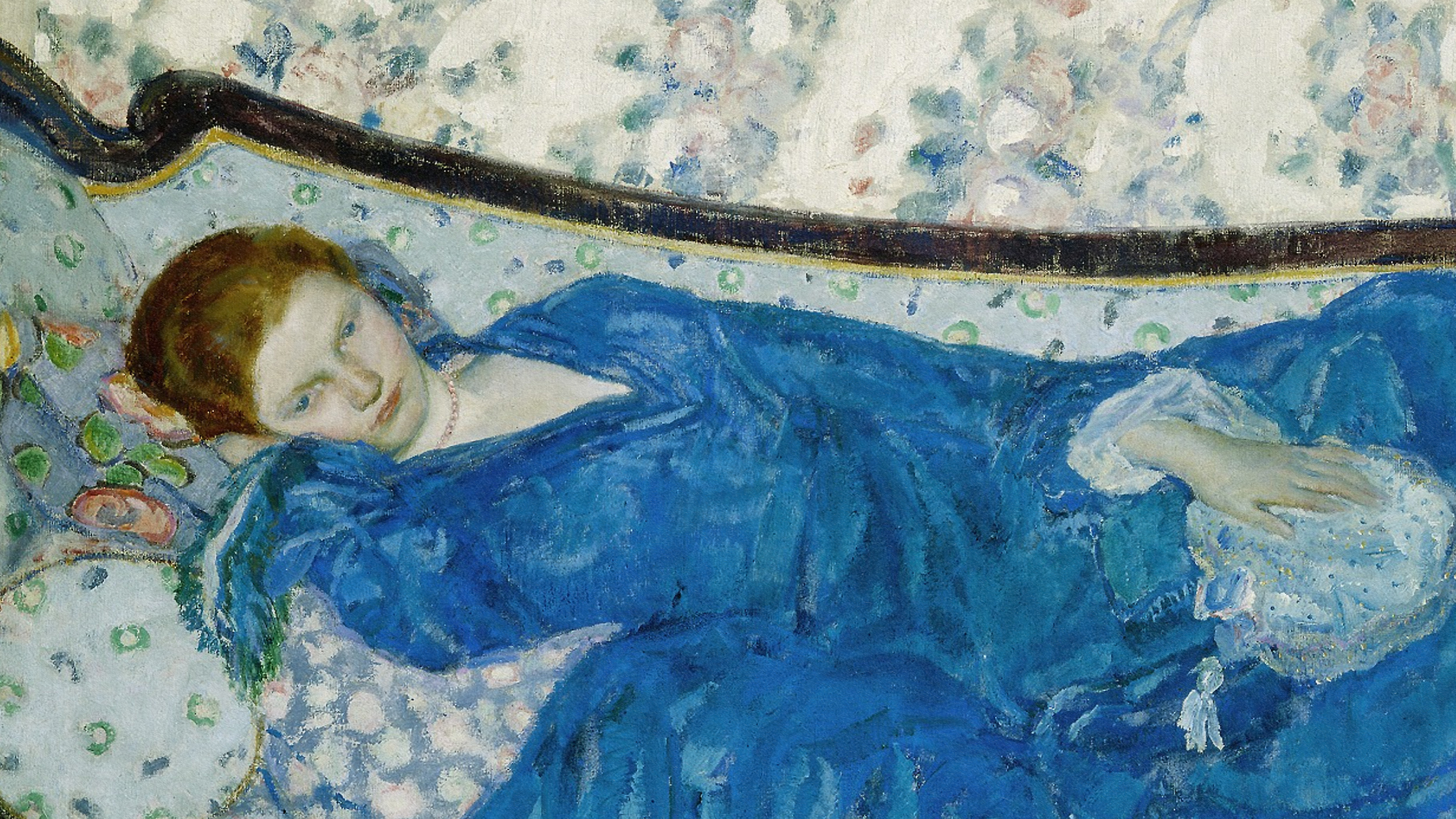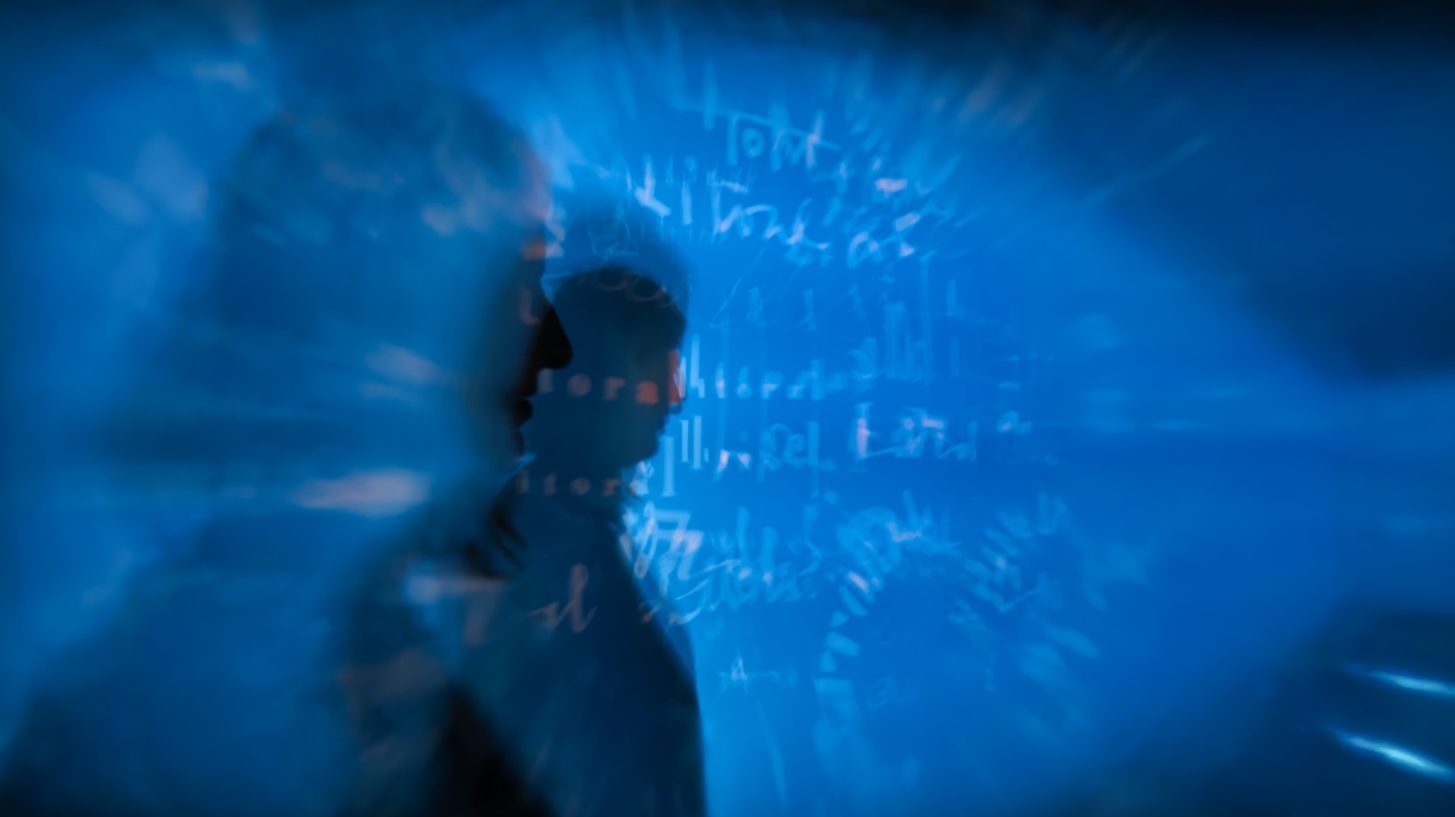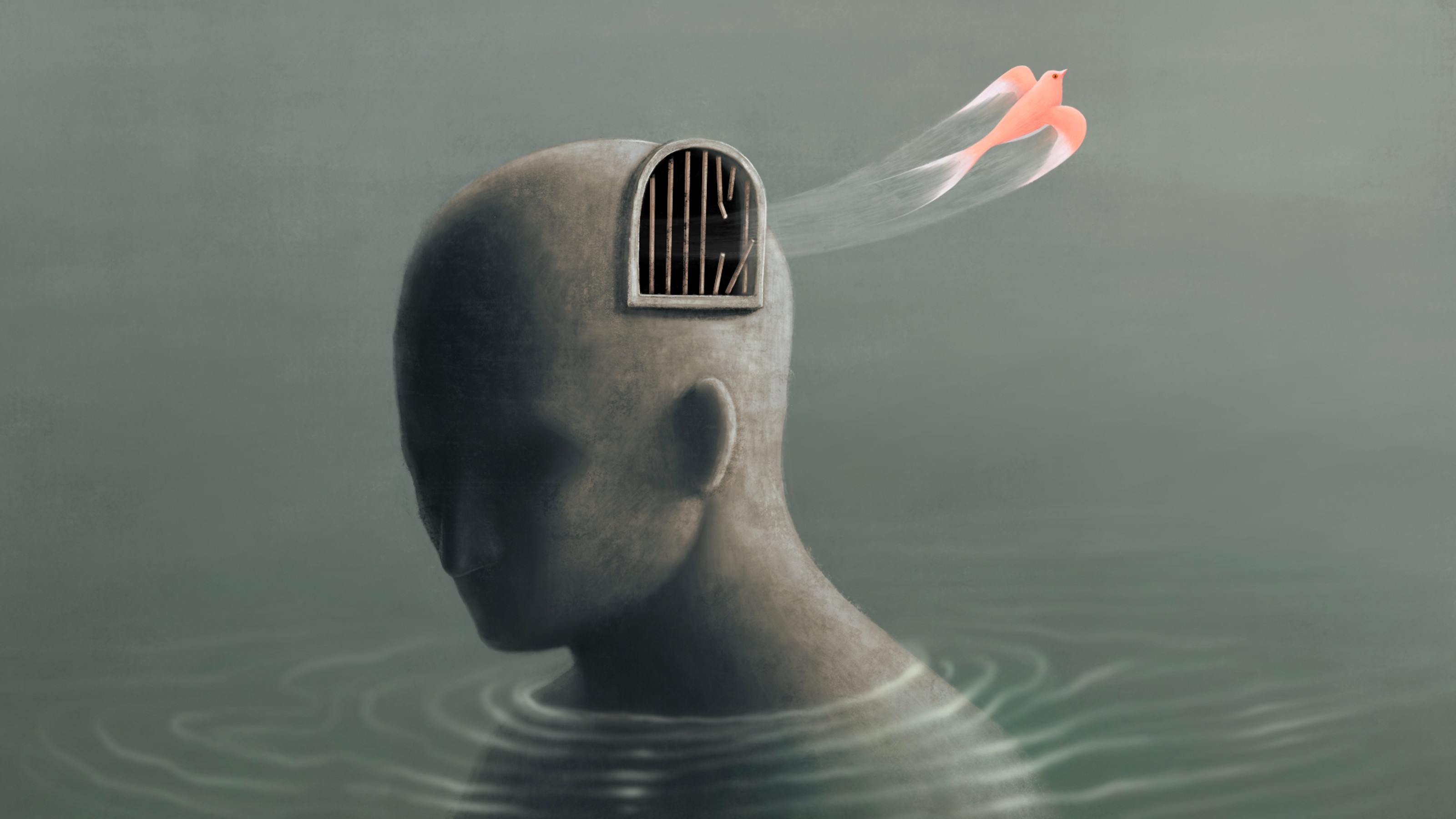RYDER CARROLL: For the last ten years, I've been a digital product designer and I noticed that my journaling actually allowed me to think in a completely different way. So even when I would be designing different kinds of software applications from watch interfaces to video game interfaces it always started out on paper. And over time I realized that the more I could actually take my thoughts offline, the clearer they would become and the more I could focus. Because you could sit down and start typing out—you can journal in an app but I notice I'd be journaling in an app and the next thing I know I'm ordering shoes online and you have no idea how you got from one point to the other. But when you sit down with a notebook and as soon as you engage with the page you are unplugged. So it forces you to really engage with your thoughts in a way that I feel has not been accurately replicated in the digital space. So for me, the act of bullet journaling is an act of thinking. It's an act of unplugging and actually processing the information. And in my community, I've found that that's also provided significant value to people who get caught up in the rush of everyday life. It's a moment that you can take back. It's a moment where you can really have the luxury of sitting down and starting to digest the things that you otherwise can easily be overwhelmed by.
I think one thing that we often forget is just because something is convenient does not make it efficient. So a lot of times with data entry, if you type, for example, it happens a lot faster but in that process a lot gets lost because you're just kind of parroting the source, and I think that it's really important to actually hear what's being said than just simply kind of spitting it back out onto paper. So when you're writing a lot of the time what you want to do is reduce the amount of information that you're capturing only down to what truly matters. So you're distilling information in real time. And in order to do that, you have to think about what truly matters. And I feel like writing by hand allows us to think significantly more about the information that we are writing down.
I mean the actual act of writing activates very many different parts of our brain simultaneously. From the science that I've seen, it doesn't happen when you're typing. So, for example, students that were separated into two separate groups—one was allowed to take notes via handwriting and the other via typing, and the group that wrote by hand retained the information significantly longer and significantly more accurately.
So I think that when you concentrate and you focus on writing you are engaging with content significantly more. You have to. The weight of the pen, the ideas, the concepts that you're trying to distill down to what matters, how your handwriting looks, how quickly you're writing and all those things immediately focus your attention, more so than I would say typing would.
So decision fatigue is when you find yourself literally exhausted by the amount of decisions that you have to make, because we're constantly inundated by so many different things from so many different channels. All that information requires our attention, and a lot of that information actually requires us to act. And acting on information is essentially making a decision. So do you want to go watch this movie? Do you want to go on this trip? Do you want to respond to this email? Do you? Do you? Do you? Do you? You have to constantly keep asking yourself and you're making decisions.
And over time, the more you allow yourself to be inundated by, without taking a step back, the more exhausted you get. It might not be physically, right? You can make decisions all day long and you can still run a marathon but our mind also has a limited amount of energy. Your ability to make decisions becomes worse. It can really quickly degrade when you're constantly making decisions. And again, for me, journaling is a big part of that because a lot of these decisions don't add value to our lives. We're thinking about things just because they're there, not because they actually mean something to us. And a lot of the time I think we forget that just because something could be done doesn't mean that it needs to be done. And it certainly shouldn't be taking up our time and our energy and our focus.
We live in an age of unlimited possibility and possibilities all require us to make a decision. And I think it's really important to realize that we are very limited: our attention is limited, our time is very limited. If we start to structure our days around that concept then we can start to protect the time that we do have and start trying to make decisions based on things that do matter to us. I think before we make the decision we have to make the decision to be very careful about what we let into our lives. And if we don't, we suffer from decision fatigue.





